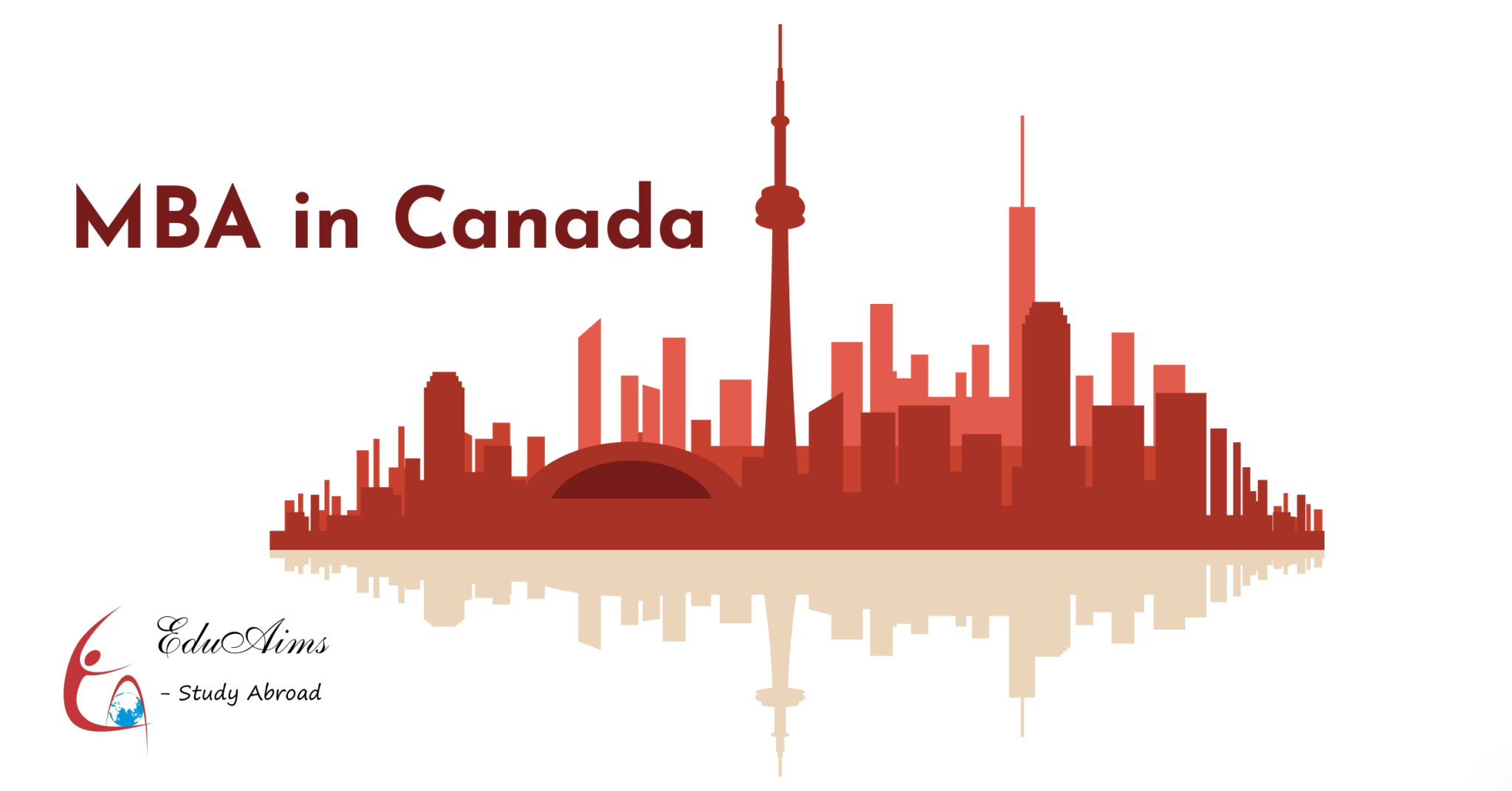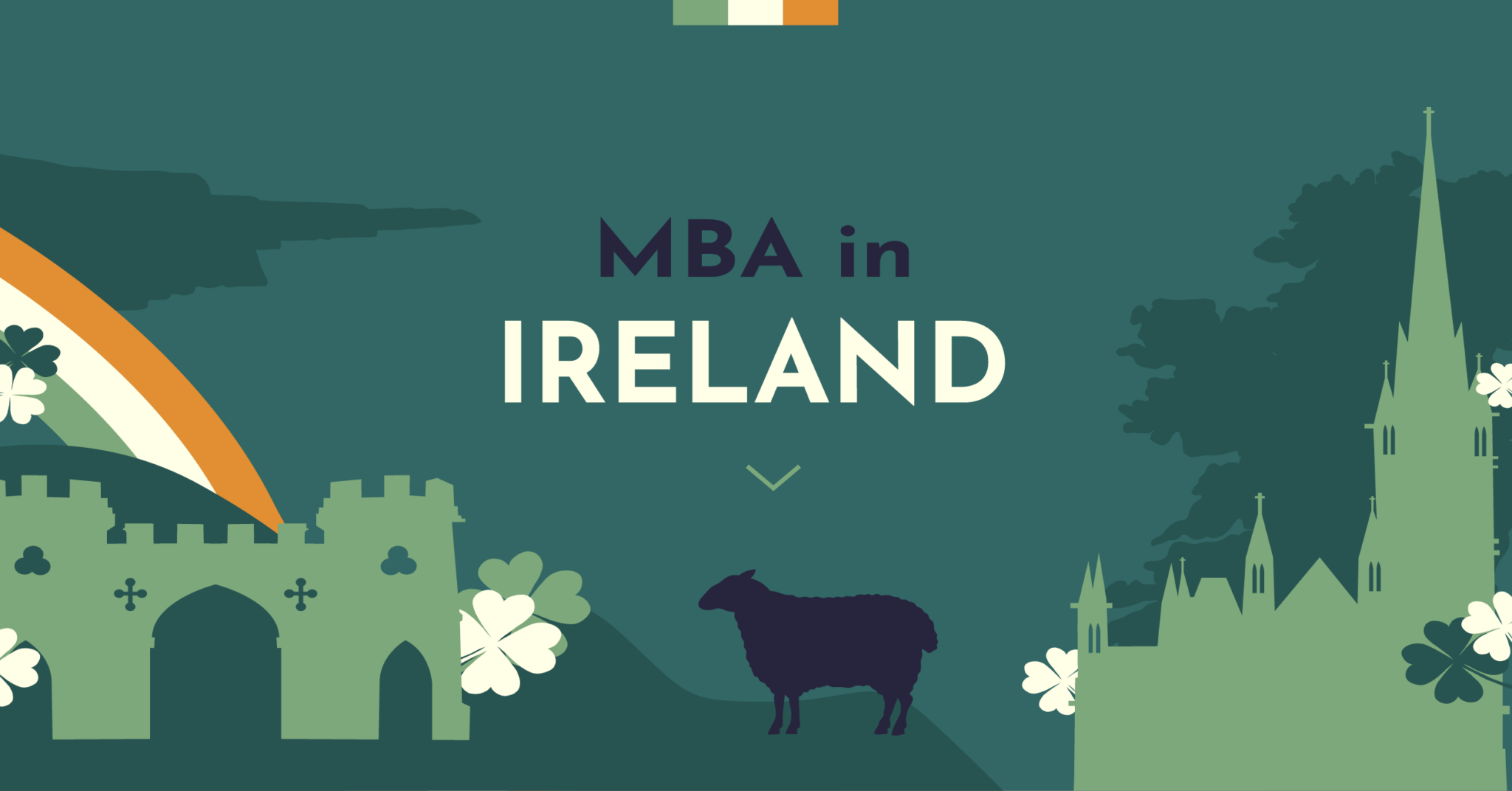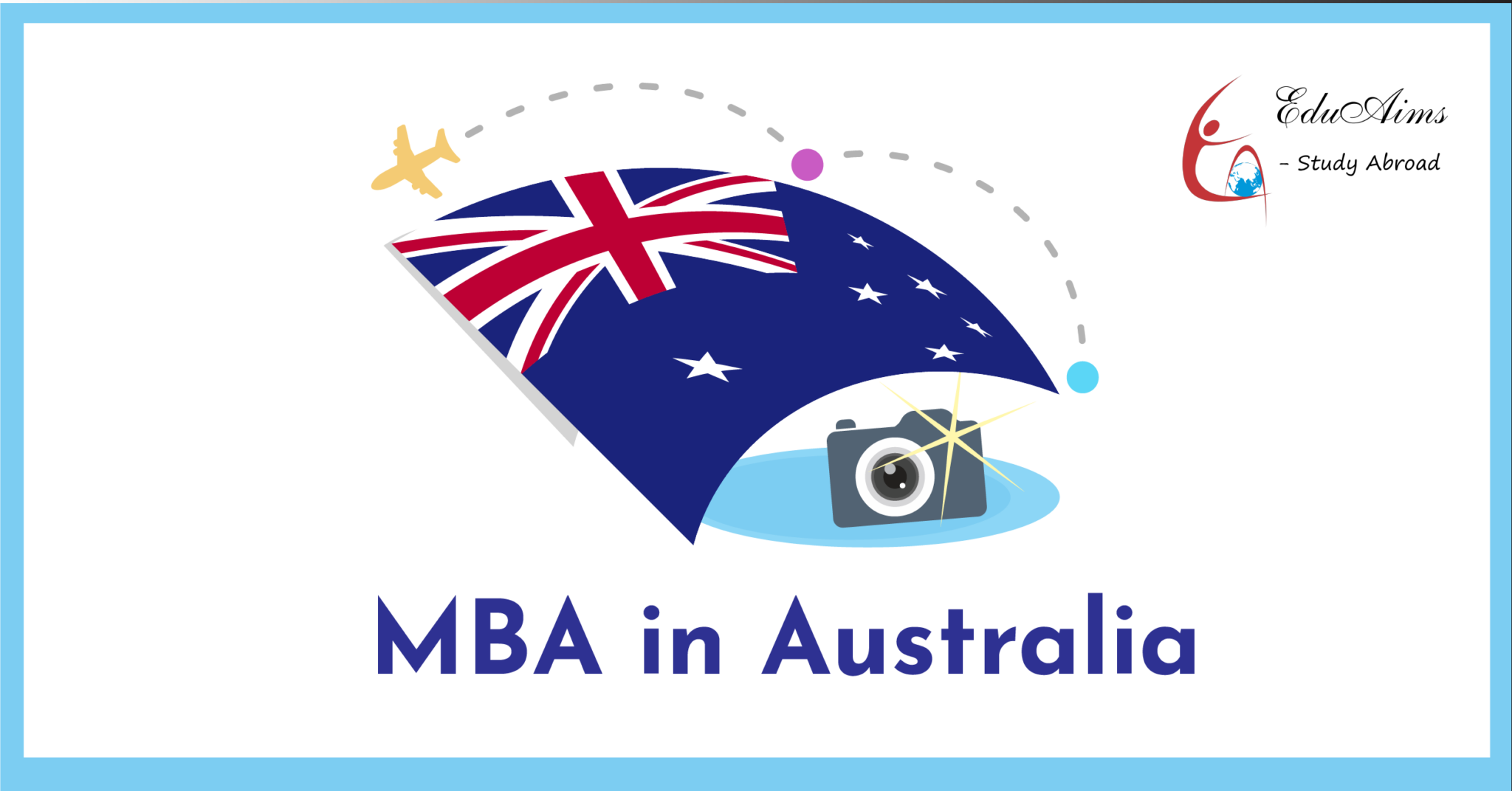100% Information on MBA in Global Finance
MBA in Global Finance MBA in Global Finance is a postgraduate management course in international banking and finance of a duration ranging from 12 months to 24 months in different institutions. The course is designed in a way that helps in the development of a comprehensive understanding of technical and management skills to become a … Read more











